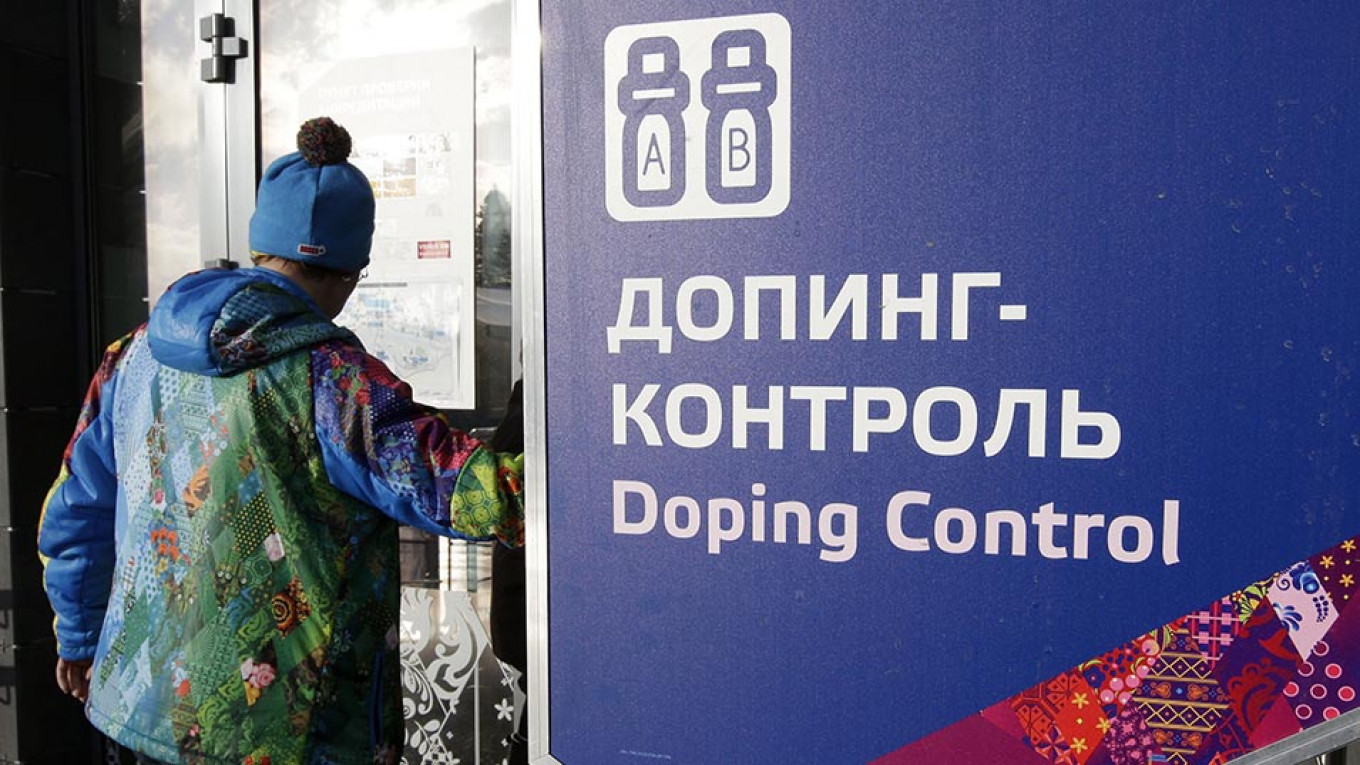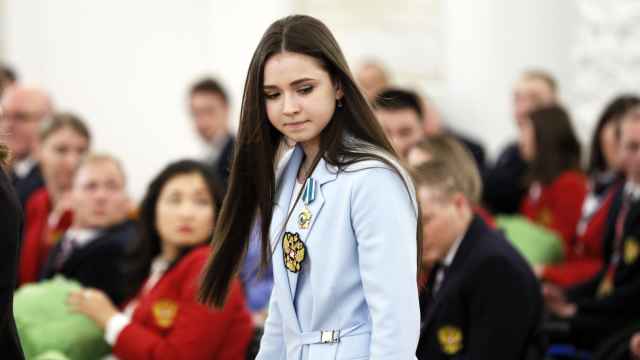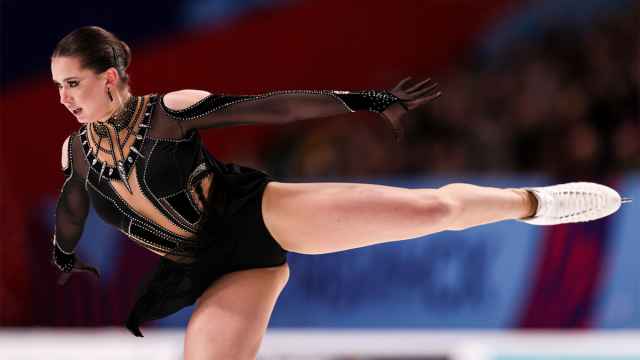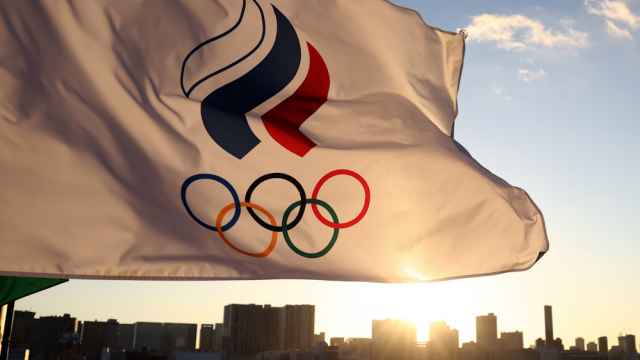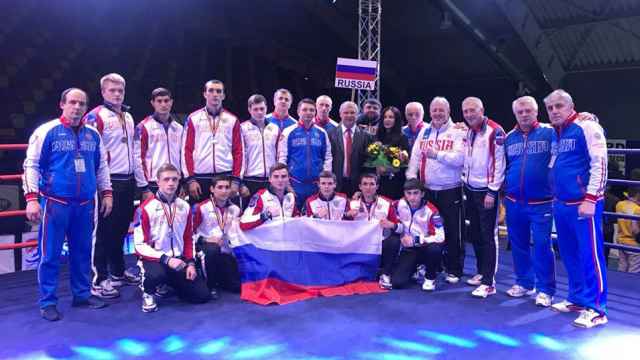Russia's attempt to overturn its four-year ban from international sport got underway in Lausanne Monday, the latest chapter of a long-running and controversial saga over state-sanctioned doping.
Global anti-doping body WADA in December last year declared the Russian Anti-Doping Agency (RUSADA) to be non-compliant after being accused of manipulating testing data.
The ban meant the country would miss the re-arranged Tokyo Olympics next year as well as football's 2022 World Cup in Qatar and the 2022 Winter Olympics in China.
A hearing at the Court of Arbitration for Sport (CAS), which opened Monday and is expected to last until Friday, has already caused division.
WADA had requested that the proceedings be held in public, but following disagreement between all parties, the three CAS judges eventually opened the first session behind closed doors via teleconference.
A decision will only be made public on an undisclosed date.
Russia considers its ban to be legally indefensible.
Former Russian prime minister Dmitry Medvedev described the suspension as "chronic anti-Russian hysteria".
Crucial week for Russian sport
The hearing is being billed as a landmark week for Russian sport and global anti-doping efforts.
WADA, formed in 1999, also has plenty on the line after the U.S. threatened to pull its annual $2.7 million financing.
U.S. lawmakers accused WADA of failing to implement governance reforms and have criticized the handling of the Russian scandal.
Also, the International Olympic Committee and sports federations are expecting clear directives from CAS, eight months before the Tokyo Olympics.
"WADA has left no stone unturned in preparation for this hearing and we are looking forward to having the opportunity to present our case clearly and fairly to the panel," said WADA president Witold Banka.
"I remain convinced that the WADA Executive Committee made the right recommendation in this case last December.
"As at every other stage, we are following due process in relation to RUSADA's compliance procedure as we continue to deal effectively with this complex matter."
The Russian saga is now uncomfortably into its fifth year.
In May 2016, Grigory Rodchenkov, the former head of Moscow's anti-doping laboratory, blew the whistle over state-backed doping at the 2014 Sochi Olympics.
Barely two weeks before the 2016 Olympics in July that year, WADA called for Russia to be banned from Rio.
The IOC, however, stopped short of an outright ban and said individual federations would decide whether to allow Russian athletes to compete.
In 2017, the IOC banned the Russian Olympic Committee from the 2018 Pyeongchang Winter Games but allowed clean Russian athletes to take part as neutral competitors.
A total of 168 Russians eventually competed.
Then, in September 2018, WADA controversially lifted its ban on RUSADA, despite not having been granted access to its doping-tainted Moscow laboratory.
Russia finally handed over lab data to WADA in January 2019.
However, in yet another twist, in September WADA gave Russia three weeks to explain "inconsistencies" in the data.
World Athletics announced it had suspended the process of reinstating Russia's athletics federation and was contemplating expelling the country entirely from the sport due to the doping scandal.
WADA then decided to ban Russia for four years over the manipulated data.
A Message from The Moscow Times:
Dear readers,
We are facing unprecedented challenges. Russia's Prosecutor General's Office has designated The Moscow Times as an "undesirable" organization, criminalizing our work and putting our staff at risk of prosecution. This follows our earlier unjust labeling as a "foreign agent."
These actions are direct attempts to silence independent journalism in Russia. The authorities claim our work "discredits the decisions of the Russian leadership." We see things differently: we strive to provide accurate, unbiased reporting on Russia.
We, the journalists of The Moscow Times, refuse to be silenced. But to continue our work, we need your help.
Your support, no matter how small, makes a world of difference. If you can, please support us monthly starting from just $2. It's quick to set up, and every contribution makes a significant impact.
By supporting The Moscow Times, you're defending open, independent journalism in the face of repression. Thank you for standing with us.
Remind me later.


